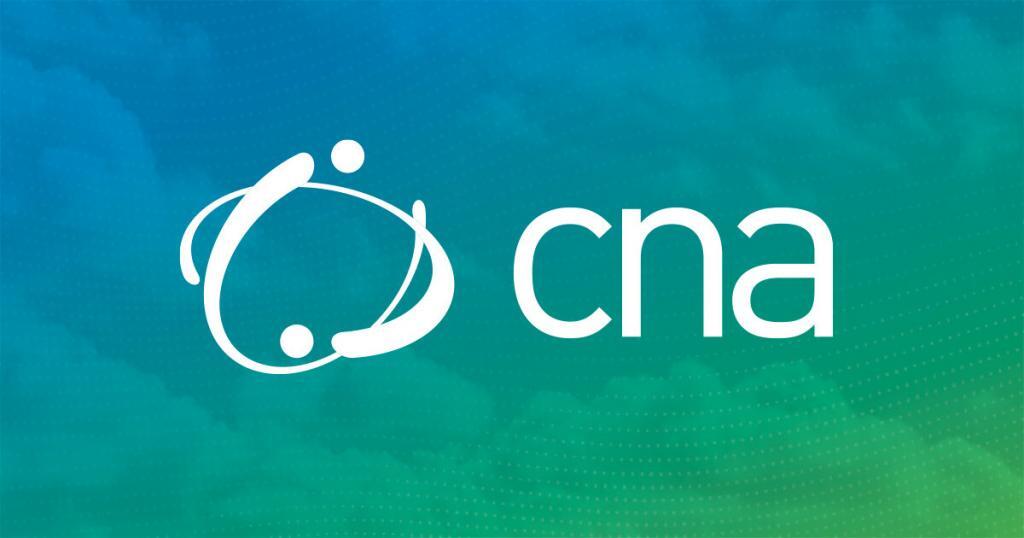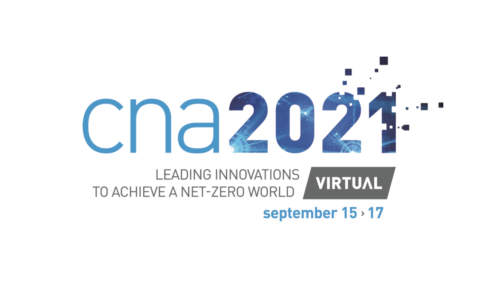
How to advocate for nuclear energy this Thanksgiving
 By John Gorman, President and CEO, Canadian Nuclear Association
By John Gorman, President and CEO, Canadian Nuclear Association
Many of us have learned the hard way that it’s best to stay away from controversial topics at the holiday dinner table.
Avoiding a heated discussion at a family get-together this Canadian Thanksgiving may be difficult, though, with a federal election underway. And thanks to the recent nationwide climate marches inspired by the young climate activist Greta Thunberg, discussions of political partisanship and the environment are likely on the menu.
Fortunately, nuclear energy is increasingly being seen by both sides of the political spectrum as a needed clean energy source.
If the topic of climate change does come up, here’s how you can talk about nuclear’s role in saving the planet without causing a food fight to break out.
The starting point is important. The general public shows a great deal of confusion about nuclear energy compared to other energy sources. Polling by Abacus Data for the CNA released earlier this year revealed that only 38 per cent of respondents are aware that nuclear produces less carbon than oil.
However, the polling also found that climate change concerns can open minds to nuclear.
“When informed that nuclear power emissions are similar to solar, wind and hydro, and asked how they felt about the idea of using nuclear in situations where it could replace higher emitting fuels, a large majority (84%) say they are open (35%) to or supportive (49%) of this,” the poll found.
Assuming your family and friends are representative of the Canadian population you will have opened at least a few minds to the potential of nuclear energy. The trick is to stay out of the weeds while delivering the message that nuclear power generation is carbon-free and helps fight climate change.
Simple facts about nuclear can be effective as well. For example, the fact that nuclear energy produces 60 per cent of Ontario’s electricity is something a general audience that does not work in energy sector probably doesn’t know.
If you bring up nuclear in a social setting in 2019, you can also expect the HBO series Chernobyl will come up.
The CNA has written a fact sheet to clear up misconceptions about the miniseries. The key point is that because of different reactor types, it is almost impossible that an accident like the one at Chernobyl could happen at a nuclear plant found in Canada or the U.S. today.
Most importantly, if you’re going to talk nuclear at the table, remember to listen to what others at the table have to say. Communication is a two-way street and others may have different opinions, especially when it comes to nuclear. Listen to their thoughts and concerns before sharing your point of view.
Bon appétit!


